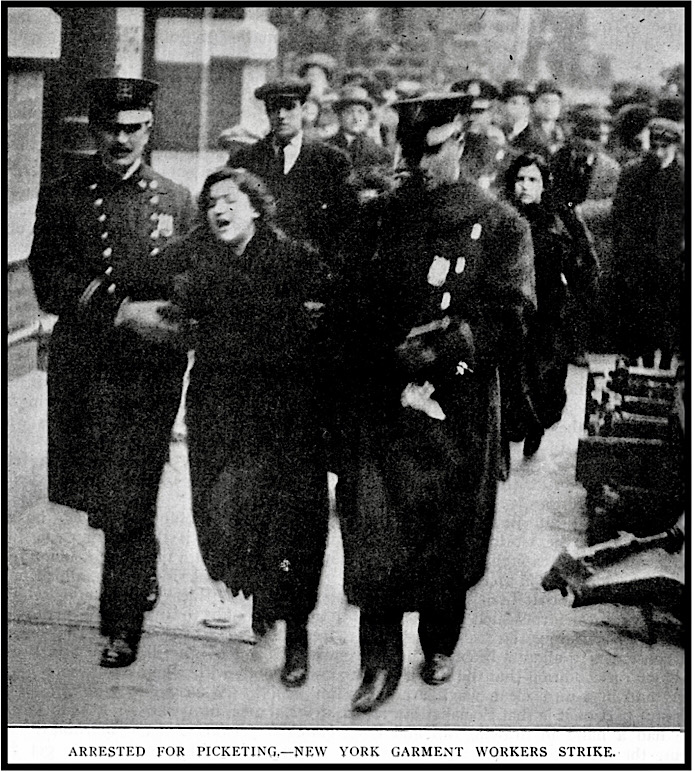 —————
—————
Hellraisers Journal – Monday April 20, 1903
Colorado City, Colorado –Mill and Smeltermen’s Union on Strike, Part I
From The Miners Magazine of April 1903:
THE STRIKE IN COLORADO CITY.
[Part I of V, The Strike Begins]
On February 14, 1903, the Mill and Smeltermen’s Union No. 125, of the Western Federation of Miners, was forced to strike a blow on the industrial field against the arrogance of the mill trust, whose employes were denied the right to organize for self-protection under the penalty or a forfeiture of employment. Previous to the Western Federation of Miners sending an organizer to Colorado City to establish a local of the W. F. M., the employes of the mills had maintained a local union which was disrupted and shattered through the employment of Pinkertons by the corporations.
***
When the Western Federation of Miners invaded the domain that was considered sacred to MacNeil, Fullerton and Peck, and organized the Mill and Smeltermen’s Union, corporation coin secured the services of a Benedict Arnold in the union by the name of A. K. Crane, who, for Judas money, prostituted his manhood and betrayed his fellowmen by furnishing the corporations the names of every man who sought shelter in the membership of the Western Federation of Miners. As rapidly as the names of members of the union were furnished by the traitor to Manager MacNeil of the mill trust, they were discharged without ceremony. The union at Colorado City bore with patience this discrimination until patience became so abused “that it ceased to be a virtue.” The representatives of the Western Federation of Miners called upon the management of the mills, protesting against discrimination, but all efforts to bridge the gulf that lay between the union and the mill owners were fruitless, and the strike was declared on February 14, against the United States Reduction and Refining Company. It was but a short time when the Telluride mill owners joined hands with MacNeil and entered into a compact that was backed and supported by the Mine Owners’ Association of Colorado, to fight to a finish any and all efforts of the Western Federation of Miners to establish the right of the mill men to organize for their mutual welfare and collective prosperity.
The strikers conducted their campaign in a most peaceable manner and their eloquent and moral persuasion left the mills in a condition which
baffled the managers whose haughty contempt for unionism forced the
battle. Secret meetings of the mill owners and representatives of the Mine Owners’ Association were held, and a plot was hatched that would bring the state militia to the scene of action to assist the corporations in their infamous assault upon the right of labor to organize. The governor of the state became a willing tool to serve the interests of the corporate masters, who, in all probability, a few months before furnished the “sinews of war” to aid him in reaching the goal of his political ambition.The reason and the cause which led to the strike can be conveyed to the readers in no more abbreviated manner than to quote the language of Secretary-Treasurer Haywood to a reporter of the Denver Post of March 4:
The occasion for the strike was the absolute refusal of the mill managers at Colorado City to treat with or recognize the union. Our men were discharged because they belonged to the union; they were so informed by the managers. We then asked the operators to reinstate these men and consider a wage scale. They would do neither.
We object to compulsory insurance, and claim the constitutional right to organize as do the operators, and want wages that will enable our men to move into houses and not rear their families in tents. The scale asked is lower than in any milling or mining camp in Colorado.
During the bitter cold weather the wives and children of many of the men were huddled together in tents because the wages paid would not suffice to pay house rent and provide other necessities.
The minimum scale paid is $1.80 per day, from which is deducted 5 cents for compulsory insurance and one per cent discount. Checks are drawn in favor of merchants with whom the men trade.
When the mill owners and the representatives of the Mine Owners’ Association realized that the strikers were masters of the situation and their places, a picture was drawn by the corporations to present to the governor that would justify the legality of the state militia being used to break the strike. The governor, in his message to the legislature after having taken the oath of office, was emphatic in his assurance that he would uphold ‘law and order.’ Such words coming from the chief executive of the state were wisely interpreted by the capitalistic anarchists, who knew that the governor would never call out the state militia to prevent the employer from starving his serfs. On the third of March, at the hour of noon, the governor, who but a few months before was living on usury in the convict city of the state, issued an order that swelled the plutocratic heart with gratitude and joy.

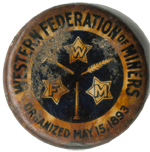
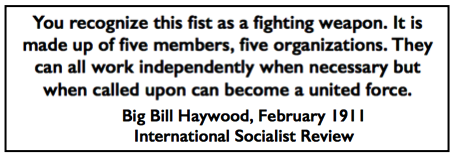 —————
—————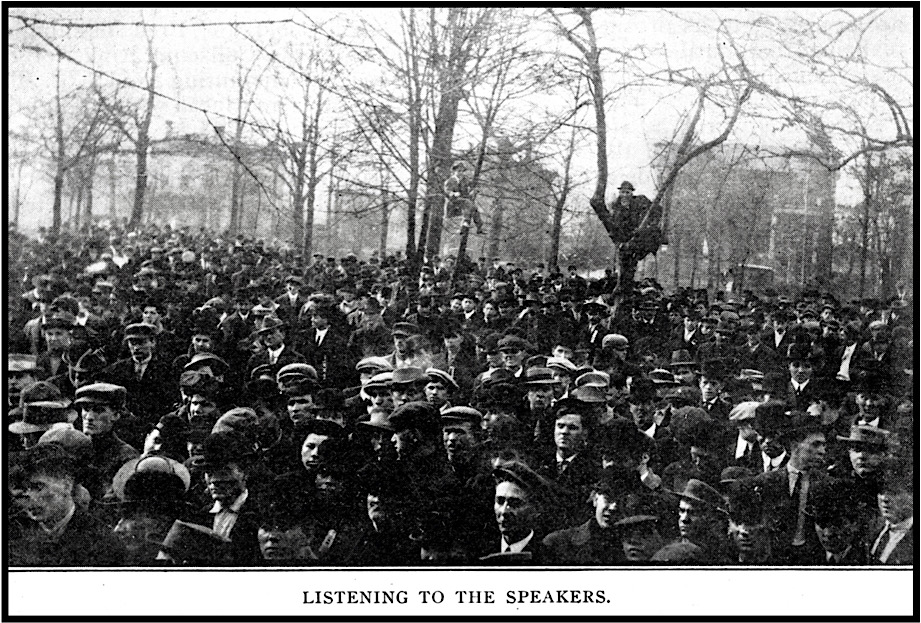
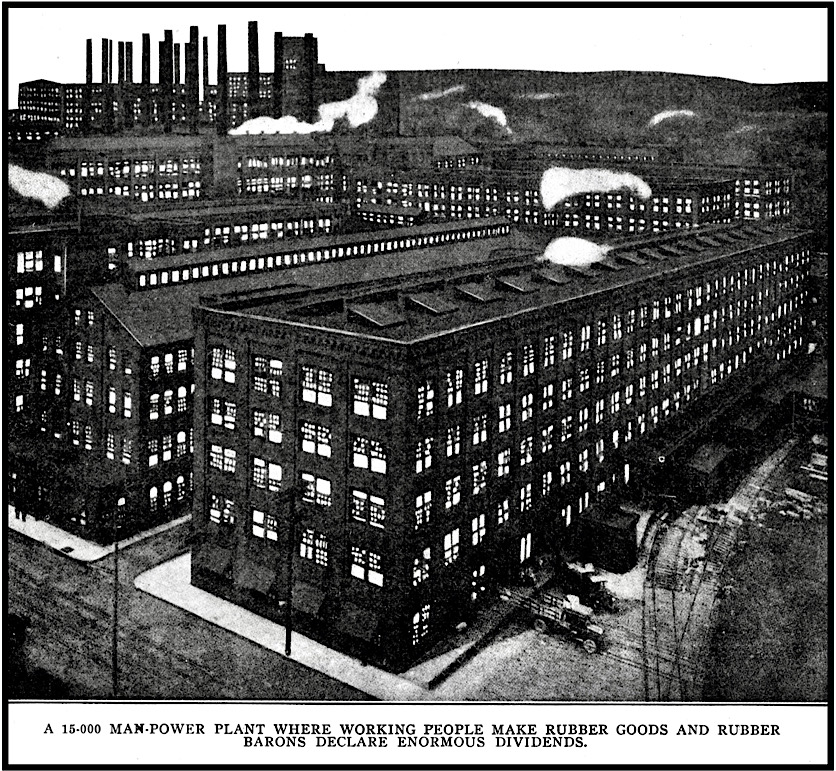
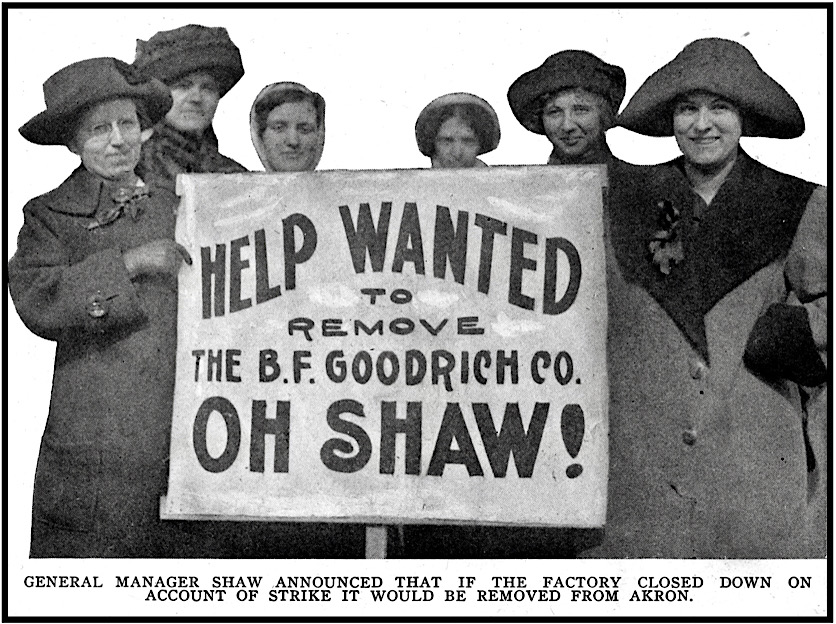
 —————
—————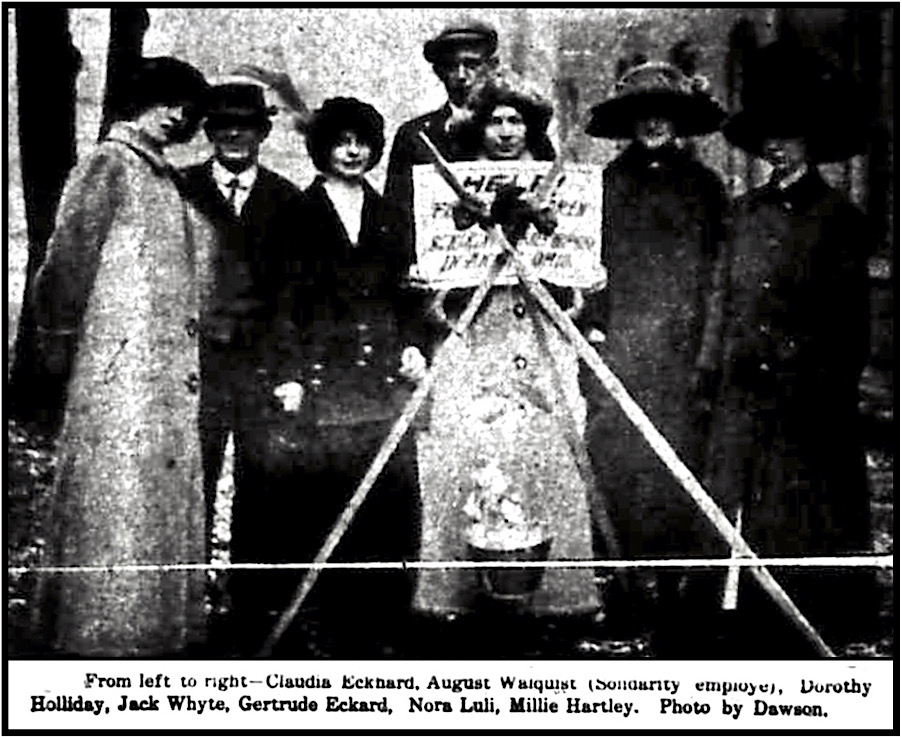
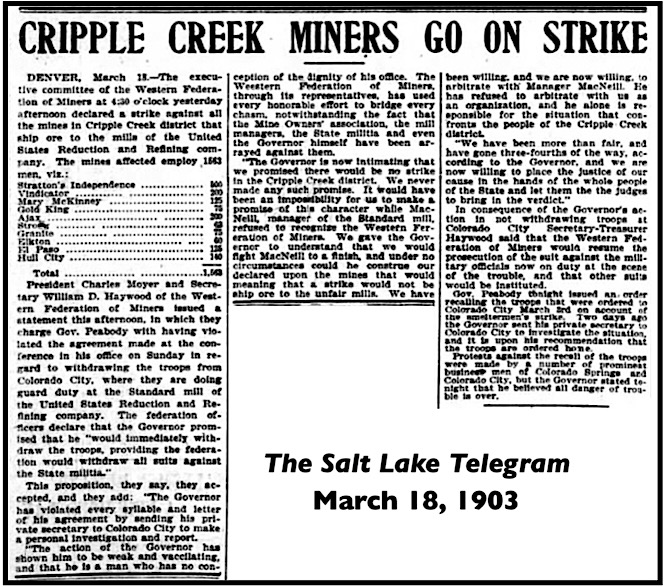
 —————
—————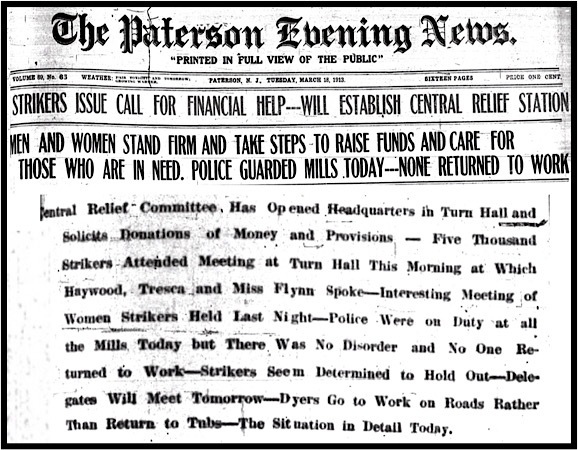
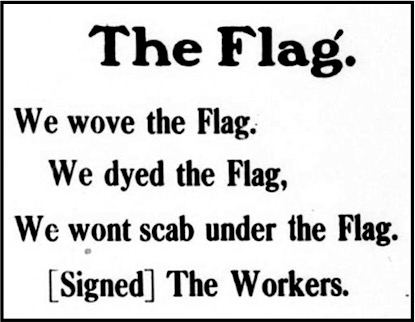 —————
—————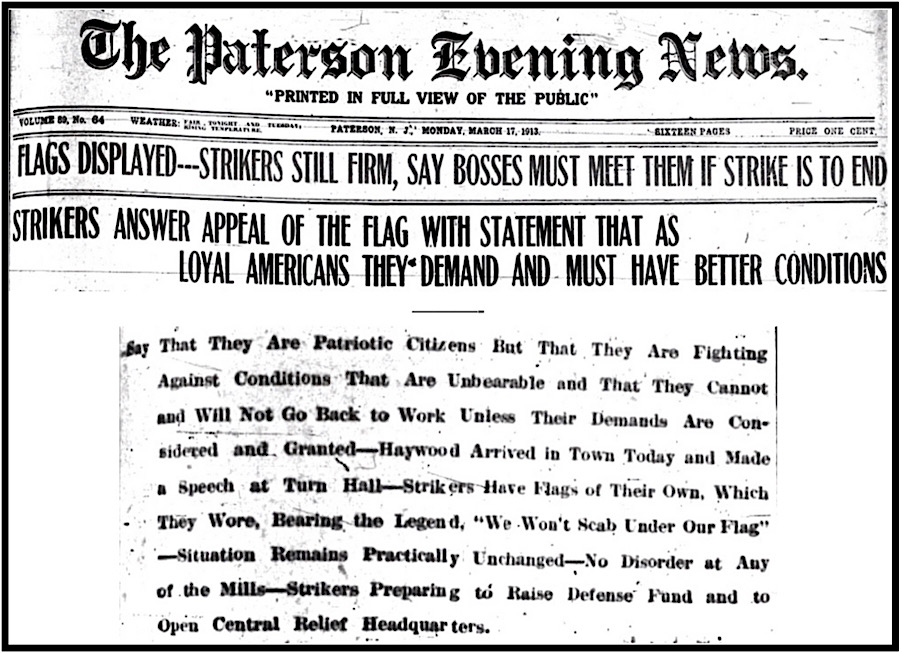
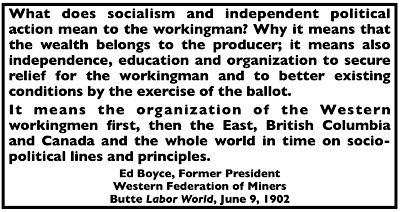 —————
————— —————
—————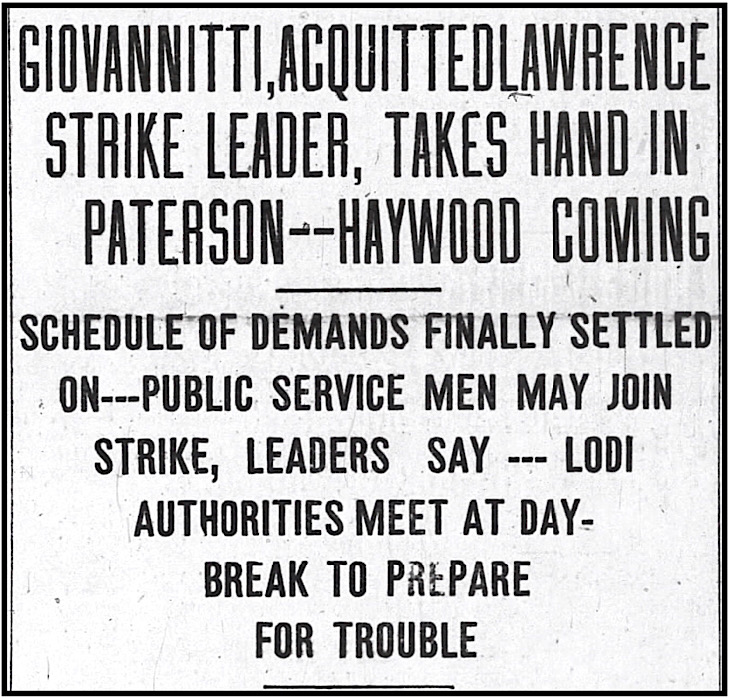
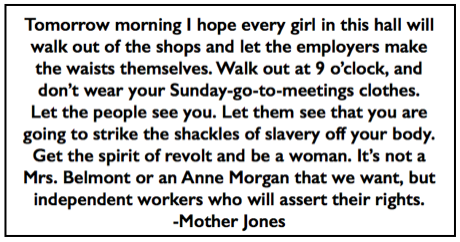 —————
—————